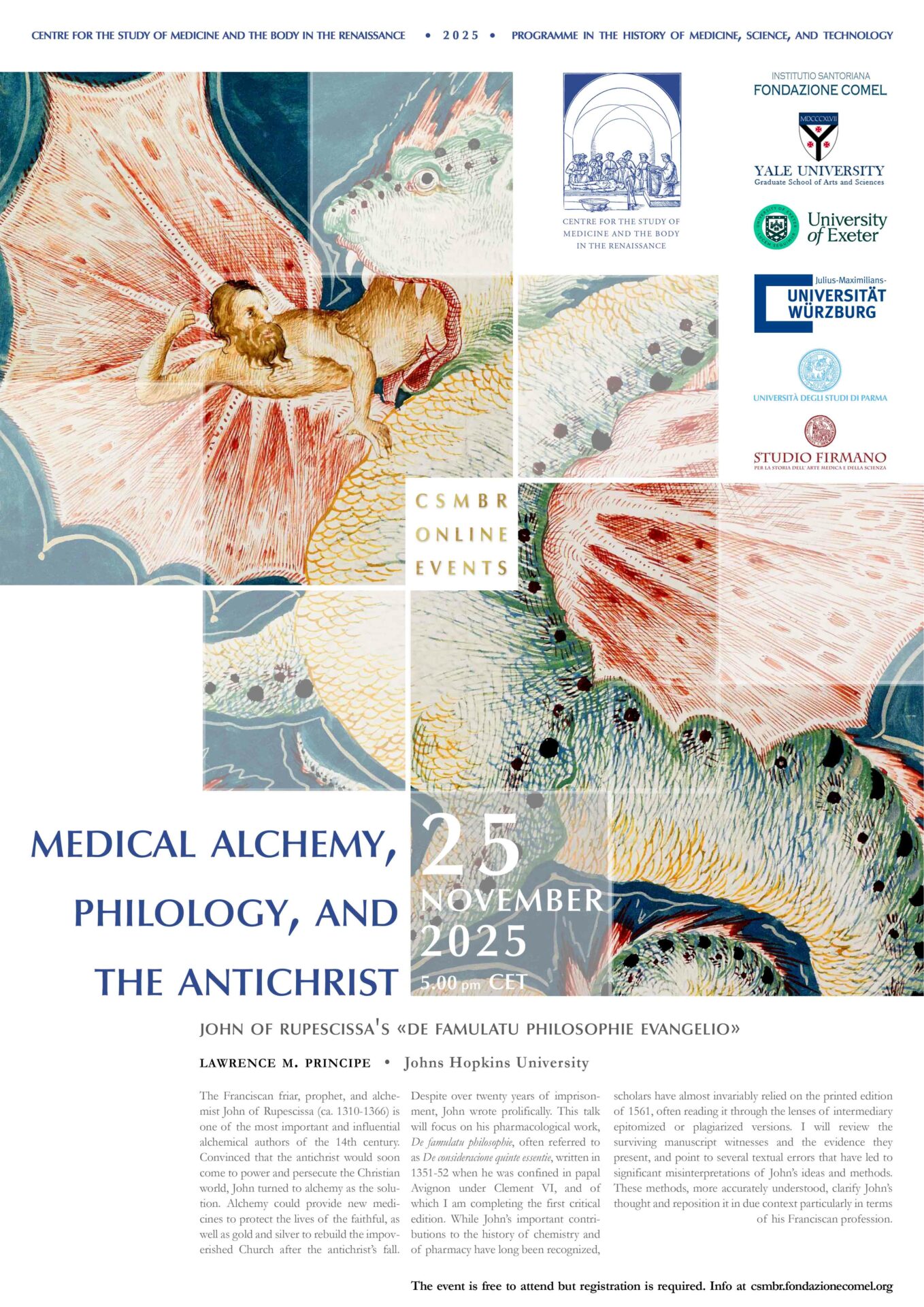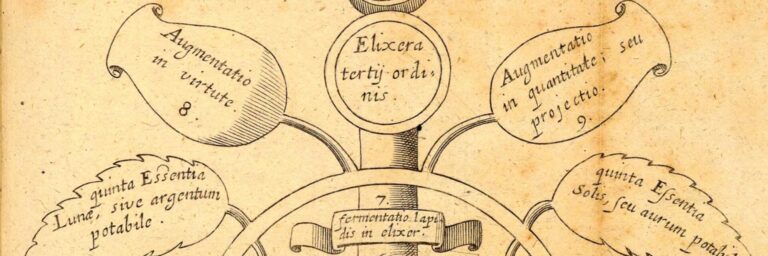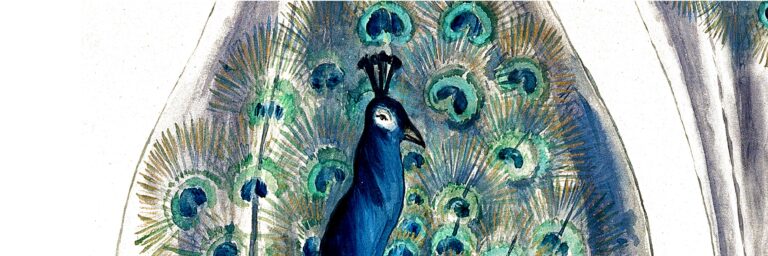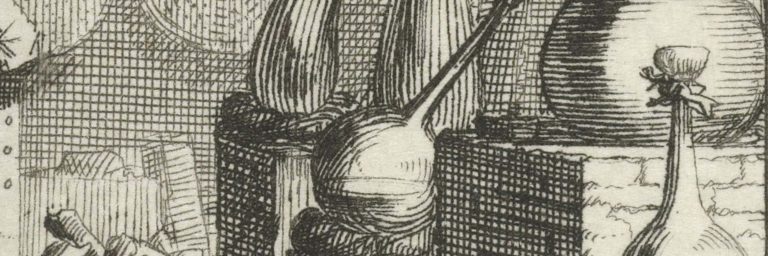Medical Alchemy and the Antichrist

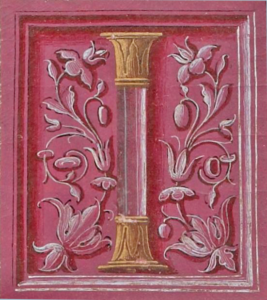
Medical Alchemy, Philology, and the Antichrist
John of Rupescissa’s «De Famulatu Philosophie Evangelio»
Lawrence M. Principe
25 November 2025 – 5 PM (CET)
The Franciscan friar, prophet, and alchemist John of Rupescissa (ca. 1310-1366) is one of the most important and influential alchemical authors of the 14th century.
Convinced that the antichrist would soon come to power and persecute the Christian world, John turned to alchemy as the solution. Alchemy could provide new medicines to protect the lives of the faithful, as well as gold and silver to rebuild the impoverished Church after the antichrist’s fall. Despite over twenty years of imprisonment, John wrote prolifically.
This talk will focus on his pharmacological work, De famulatu philosophie, often referred to as De consideracione quinte essentie, written in 1351-52 when he was confined in papal Avignon under Clement VI, and of which I am completing the first critical edition.
While John’s important contributions to the history of chemistry and of pharmacy have long been recognized, scholars have almost invariably relied on the printed edition of 1561, often reading it through the lenses of intermediary epitomized or plagiarized versions.
I will review the surviving manuscript witnesses and the evidence they present, and point to several textual errors that have led to significant misinterpretations of John’s ideas and methods.
These methods, more accurately understood, clarify John’s thought and reposition it in due context particularly in terms of his Franciscan profession.
About the Speaker ...
Lawrence M. Principe is a Professor of Chemistry and the History of Science at Johns Hopkins University.
He holds two doctoral degrees in Organic Chemistry and in History of Science, which inform about his unique approach to studying Late Medieval & Early Modern Alchemy. He focuses on the understanding of the intellectual, social, and experimental contexts of alchemy and the influence it has on the development of modern chemistry. His research often combines traditional historical methods with practical laboratory replication. Among his notable publications there is The Secrets of Alchemy (2013), which aims to make the complex historical alchemical concepts accessible to a broader audience. His contributions to the field of history of alchemy have earned him several prestigious awards, including the Pfizer Prize from the History of Science Society



